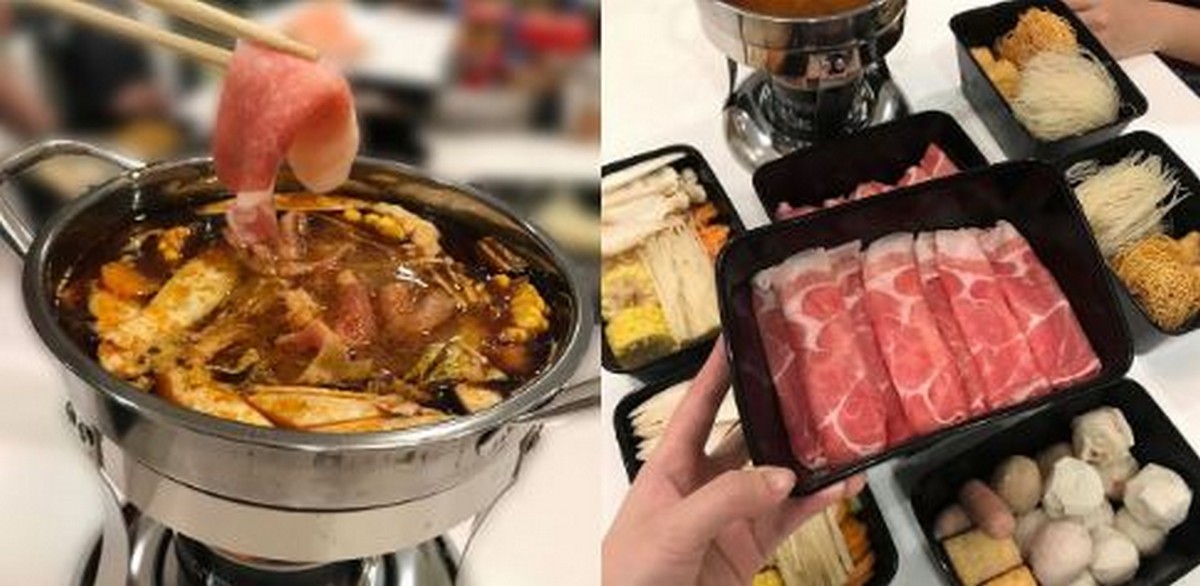
As a result, lunch is a more approachable $34 for adults. Two more spicy options of the konbu-dashi and beef bone round out the broth options.įor lunch, the meat choices are reduced to just one wagyu cut, though all of the prime-grade beef and almost all the other meats (except for the dinner-only lamb) are available. Bon Shabu offers eight different broths from a basic konbu-dashi, an organic beef bone (similar to seolleongtang) a chile-oil huo guo a sweeter sukiyaki with ginger and onion a tomato base, and a vegetable broth. Like other hot pot restaurants, there are individual bowls (or half-bowls, in this case) that allow patrons to swish around their meat right in front of them. Thinly sliced wagyu and prime-grade beef cuts, lpus broth, sauces, and other toppings for Korean-style hot pot at Bon Shabu. Five different prime cuts include chuck roll, top plate, New York steak, beef belly, and brisket, while the non-beef choices entail pork collar and belly, chicken breast, lamb, and basa fish. The dinner menu, which runs $58, comes with a choice of four wagyu beef options, including chuck tender, brisket, chuck roll, and short plate, which work marvelously with the array of broths by staying tender while still retaining a beefy essence. But those who are willing to shell out a bit more will be well rewarded with some of the highest-quality hot pot meat in Los Angeles. Here on Wilshire, Bon Shabu’s prices have increased, which Lee says is due to overall costs that have risen over the past few years.

And since Koreans like to do all-you-can-eat (as evidenced by numerous AYCE barbecue spots in K-Town), many of these Korean-style hot pot restaurants offer unlimited food. At places like Bon Shabu and Shabuya oil-slicked huo guo broth comes with nearly a dozen types of fish meatballs, while standard broth options include konbu-dashi or sukiyaki flavors that are typical of Japanese shabu-shabu restaurants. This recent crop of Koreatown shabu-shabu restaurants could be categorized as Korean-style hot pot, which draws inspiration from traditional Japanese and Chinese hot pot (and often puts the hits from those two places on one melded menu).
#New hot pot restaurant full
Lee says that Bon Shabu closed due to a full redevelopment and demolition of the original property, allowing him to turn his attention to Oyabun, a raw seafood restaurant that he has operated on Olympic Boulevard since 2019.

Owner Seunghoon Danny Lee opened the original Bon Shabu in a standalone building in 2017 at the corner of Ardmore and Sixth Street, before closing it during the pandemic.

The sleek, minimalist restaurant sits on the ground floor of a high-rise building in Koreatown and feels like it might have been plucked right out of Seoul’s Gangnam District. Koreatown has become a bit of an all-you-can-eat destination for shabu-shabu, with the enduring popularity of Shabuya, Seoul Garden, Aki Shabu, and now the return of fan-favorite Bon Shabu.


 0 kommentar(er)
0 kommentar(er)
